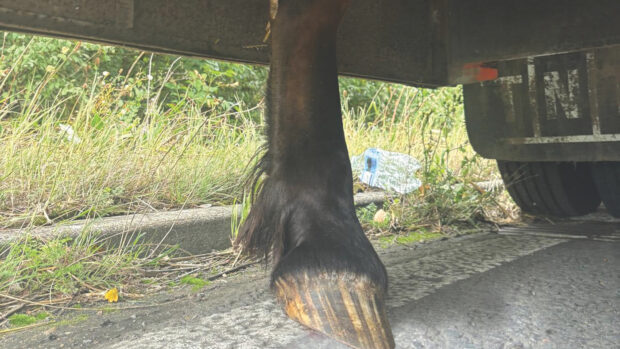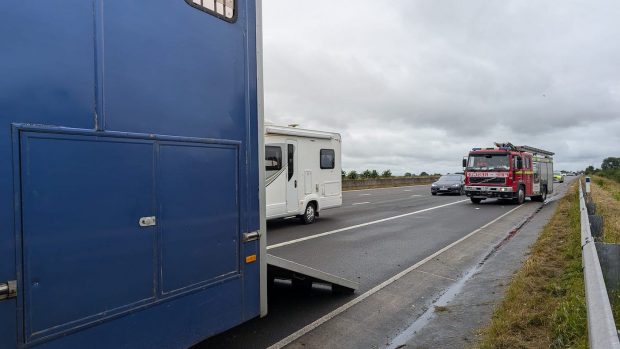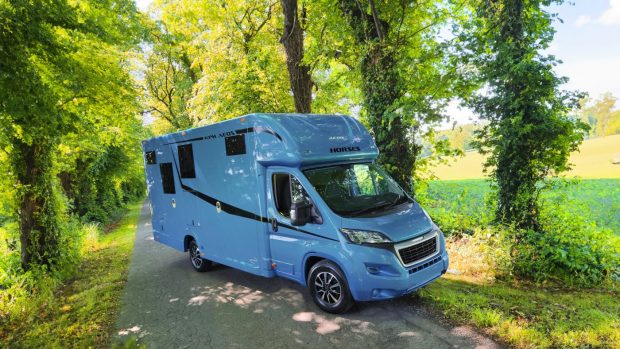Industry figures are warning equestrians to be wary about a new “mutual assistance” rescue system for horse owners in Britain, set up by a horsewoman in Australia.
Emergency Equine Assistance (EEA) was launched globally last month and aims to build a support network for people travelling with horses.
The system coordinates a contact list of people who can be called upon to come to the aid of other members in the area whether they need a jump start, mechanical assistance, a farrier, a vet or a tow truck.
EEA has been set up by Maryanne Fraser, who is based in Victoria, Australia.
“In Australia, we don’t have any help at all for people stranded with horses — emergency services won’t come to the rescue,” she told H&H.
“Other countries do have roadside assistance, but maybe that’s out of budget. It may never actually happen, but it’s nice to know that if you need help, you’ve got it.”
Members receive a contact list to keep in their vehicles. In registering they also volunteer to help others. Joining is free, but a rescue “reward” is suggested.
But the UK horse industry is concerned. Jon Phillips, from the Organisation of Horsebox and Trailer Owners, thinks it is “very worrying”.
“If any form of reward is given for someone picking you up, unless you have the correct operator’s licence, the correct hire and reward insurance and the correct competency certificates, it’s illegal.
“Plus, it’s always a worry if a stranger picks up your horse — you don’t know about their lorry or how they drive.”
South Essex Insurance Brokers’ David Buckton agreed, questioning the “hire and reward” aspect. “This is no doubt a proposal that is being put forward with the best of intentions, but will all the volunteer rescuers have the appropriate skills, equipment and vehicles?
“Also, the rescuer will become the keeper of the horse and could be strictly liable for any damage or injury. All volunteers will have to ensure they have adequate public liability insurance.”
Lee Hackett, from the British Horse Society, said: “It’s a lovely idea, but we have some worries about the legalities of it. We don’t want people to find themselves in trouble for doing something out of the goodness of their heart.”
This article was first published in Horse & Hound (3 June, ’10)





